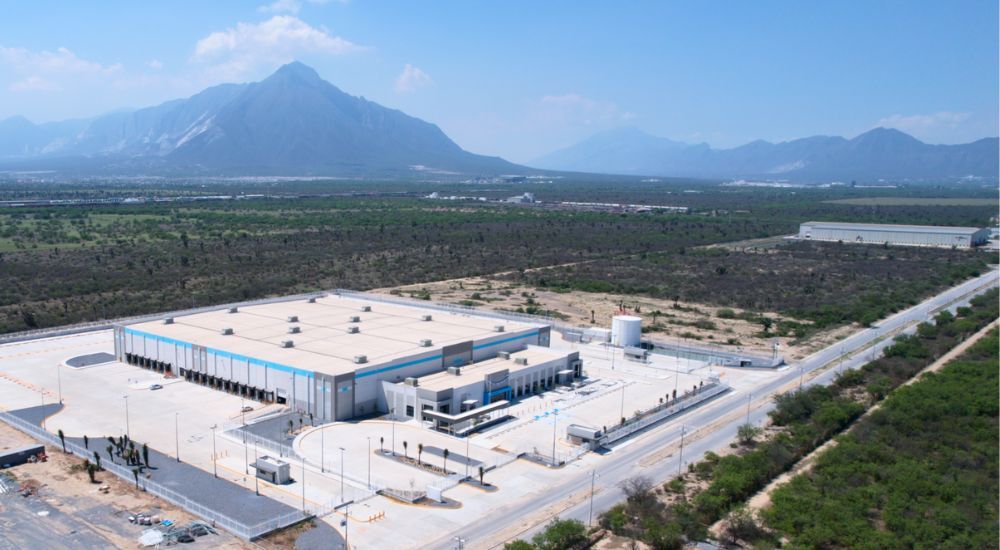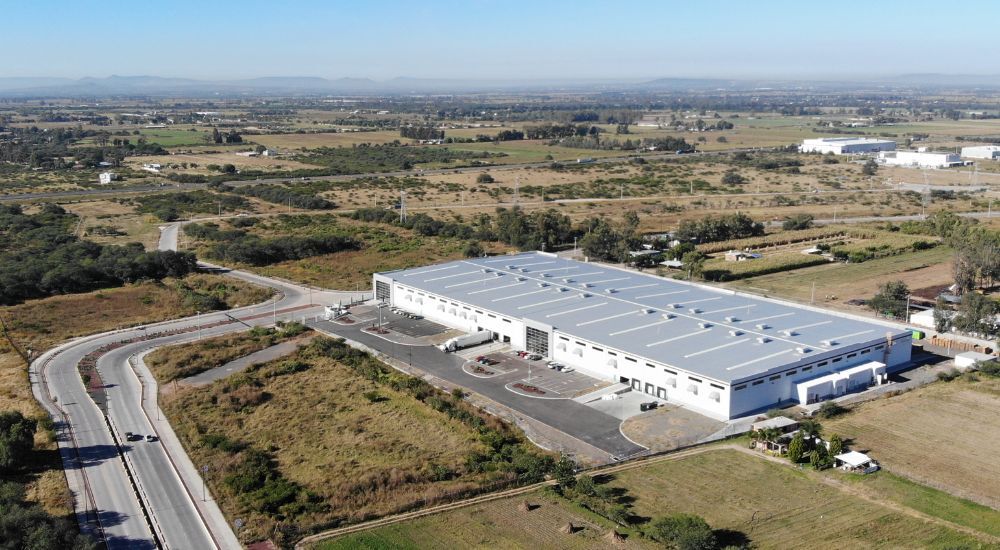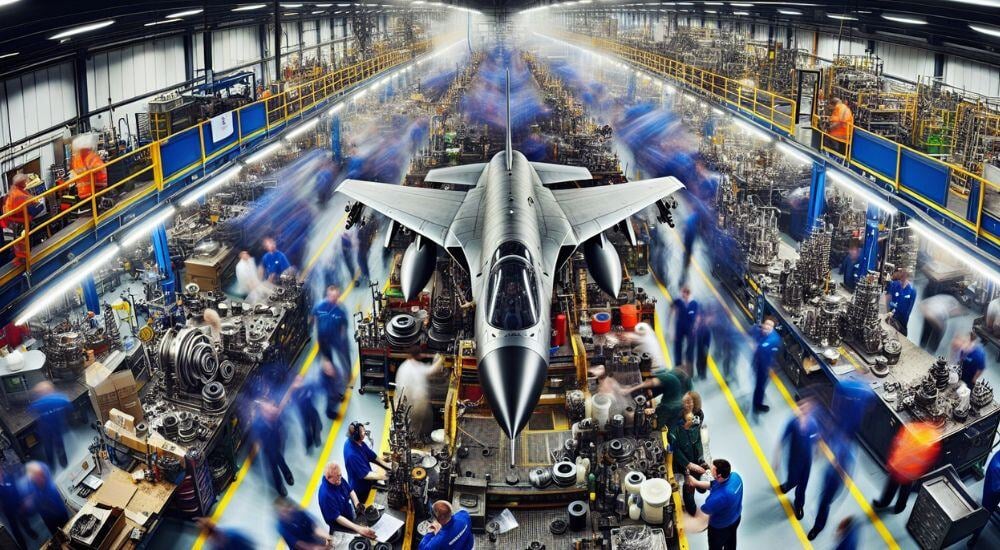Automotive industry drives growth of industrial parks in Guanajuato
19/09/2024The automotive and manufacturing industries accounted for 70% of the demand for industrial space in the Bajio region, from nearly 3.9 million square feet, with Querétaro and Guanajuato being the states with the highest demand. According to the Industrial Real Estate Market Bajío - 1H 2024 report by CBRE, Guanajuato is driven primarily by the automotive sector.
The industrial park in Guanajuato is a central hub for the automotive industry in Mexico. The state was the leading producer of light vehicles in the country, according to Clúster Industrial, and it is expected that manufacturing activity for the supply chain will maintain this trend.
However, the situation is different in other markets, which are facing challenges.
What problems does the automotive industry currently face in Mexico?
Recently, Manuel Montoya, director of the Automotive Cluster of Nuevo León, stated that the country needs more Tier 2 suppliers to support the industry's supply chains. In an interview with the digital outlet AM, he specified a shortage of aluminum suppliers and foundries.
This is a consequence of the shift towards electromobility, which drives evolution in production lines.
The proportion of locally produced components (75%) required by the United States-Mexico-Canada Agreement allows products manufactured in Mexico to be exported tariff-free to the U.S. market. This creates challenges for automotive assemblers.
This context provides opportunities for establishing new component suppliers in various country regions.
Where is the highest concentration of the automotive industry?
Nuevo Leon is one of the most productive markets in the Mexican automotive industry. It is driven by auto parts manufacturing in regions like Coahuila and the industrial park in Guanajuato, a key area for logistics in the sector.
The growth in automotive component manufacturing is also energizing the industrial real estate market. This has attracted automakers from various parts of the world, beyond the traditional U.S. and European companies, including firms from China, such as:
- BYD
- JAC
- MG Motor
- Chirey
- Geely
- Great Wall Motors
Source: Líder Empresarial, with data from INEGI.
Not all of them have manufacturing plants in the country, but they are gaining ground in the Mexican automotive market.
The Light Vehicle Automotive Industry Administrative Registry (RAIAVL) for August, published by INEGI, indicates that nearly 14% of the cars sold between January and July 2024 are from Chinese brands.
Sales of Chinese automakers in Mexico in 2024 (until August)
- Motornation (BAIC, JMC, Changan): 5,939
- GWM (Great Wall Motor): 7,811
- JAC: 13,960

Source: Líder Empresarial, with data from INEGI.
The conditions of the industrial market in Mexico favor establishing new automakers and expanding activities, especially in producing components for electric vehicles. However, there are still areas to be developed.
Diversifying activities: An area of opportunity
Although the dynamics of the industrial real estate market are positive, Montoya from the Nuevo León Automotive Cluster states that the areas with the most significant potential for growth include:
- Machining (for metal shaping)
- Plastic injection
- Stamping
- Aluminum work (a material increasingly used due to mobility trends)
The amount of aluminum required for assembling an electric vehicle is more significant than that for an internal combustion vehicle. This is partly due to the need to compensate for the weight of battery modules.
Evolution of the auto parts market (2020-2025)

Source: Deloitte
The challenge for Mexico's industrial parks: Staying at the forefront
The challenge lies in something other than the availability of aluminum as a material, as Mexico has companies that supply it. The weak link is the need for more foundries capable of producing chassis and bodies.
The Electromobility Mapping in Mexico 2024, conducted by Directorio Automotriz, reports that 191 Tier 1 and Tier 2 companies operate in the country. Despite this figure, the increase in electric vehicle production requires a greater push in the supply chain.
Clúster Industrial estimates that the production of these vehicles will reach 214,000 units this year, compared to 106,180 in 2023.
At Frontier Industrial, we drive the development of the Mexican economy through industrial activities, offering spaces adapted to production needs in key regions of the country, such as the industrial park in Guanajuato. Don't hesitate to contact our advisors to learn more and schedule a visit.






